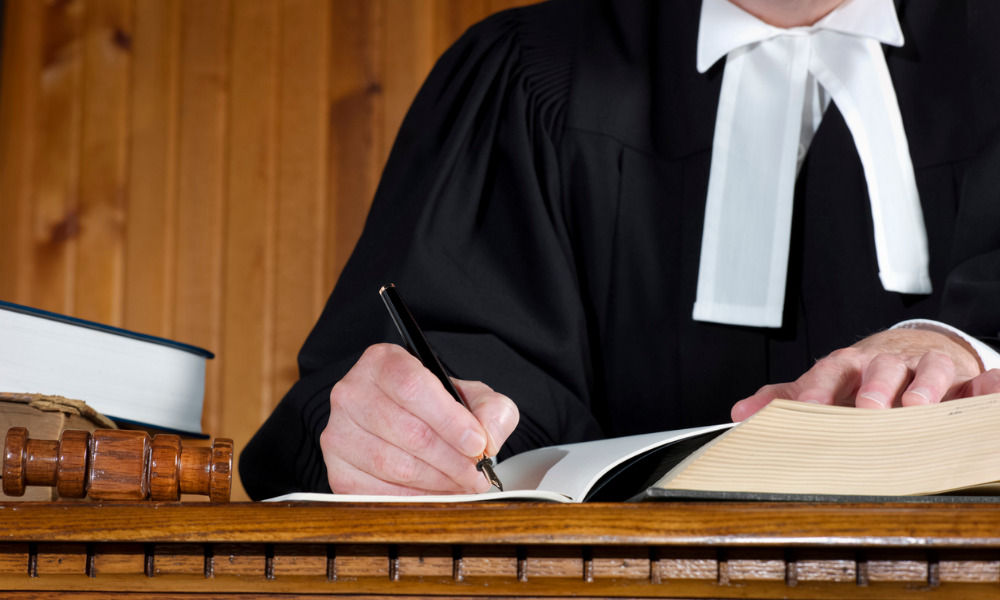
The judge allowed claims related to First Amendment breaches and relief from Lafayette Square restrictions to stand

A DC judge has dismissed the majority of claims made in suits against former President Donald Trump with regard to the Black Lives Matter protests that took place at Lafayette Square in Washington D.C. on 1 June 2020.
A total of four suits naming Trump as a defendant were brought before District Judge Dabney L. Friedrich. The suits sought damages and injunctive relief after the plaintiffs claimed that the use of batons, tear gas, flash-bang grenades, smoke bombs and rubber bullets by law enforcement to clear the square was an act of “unprovoked force” that resulted in physical and psychological injuries to the protesters.
The plaintiffs also alleged that the defendants breached the Posse Comitatus Act and committed an act of conspiracy against Black people and their supporters.
The defendants made 15 motions to dismiss the claims brought up in the suits. In a memorandum opinion issued by Friedrich on Monday, he tossed claims related to the Fourth and Fifth Amendments but maintained a claim alleging the infringement of First Amendment rights as well as a federal claim related to equitable relief in line with the tightened restrictions to Lafayette Square access on protesters.
“The plaintiffs have not adequately pleaded either an ongoing injury or an immediate threat of future injury based on the defendants’ June 1 clearing of Lafayette Square. Because the plaintiffs lack standing, the court lacks jurisdiction to issue an injunction ordering the defendants to change their practices of using physical force against protestors,” Friedrich wrote in the opinion.
However, he affirmed that the plaintiffs could challenge the continued blocking off of Lafayette Square to protesters. In contrast to their claims regarding the use of force to clear protestors, the plaintiffs “do not allege a one-time event, but rather that defendants constructed structures which continue to either limit or categorically prohibit access to Lafayette Square,” he wrote.
“The defendants have not met the ‘stringent’ requirement of showing that the challenged conduct – here, restricting demonstrators’ access to Lafayette Square – cannot reasonably be expected to start up again,” Friedrich said, adding that the defendants’ arguments did not “negate the plaintiffs’ standing to seek an injunction based on plausibly alleged ongoing restrictions on their First Amendment rights to demonstrate in Lafayette Square.”
He also allowed to stand an allegation that the plaintiffs’ right to protected speech was violated – the defendants founded their argument on “the national interest in presidential security,” but Friedrich ruled that “at this early stage of the proceedings, without any record evidence, the court cannot assess the defendants’ asserted bases for the clearing the square, nor can it determine other facts relevant to this claim.”
“As this case moves forward, both parties will have the opportunity to prove their respective positions with record evidence,” Friedrich wrote.